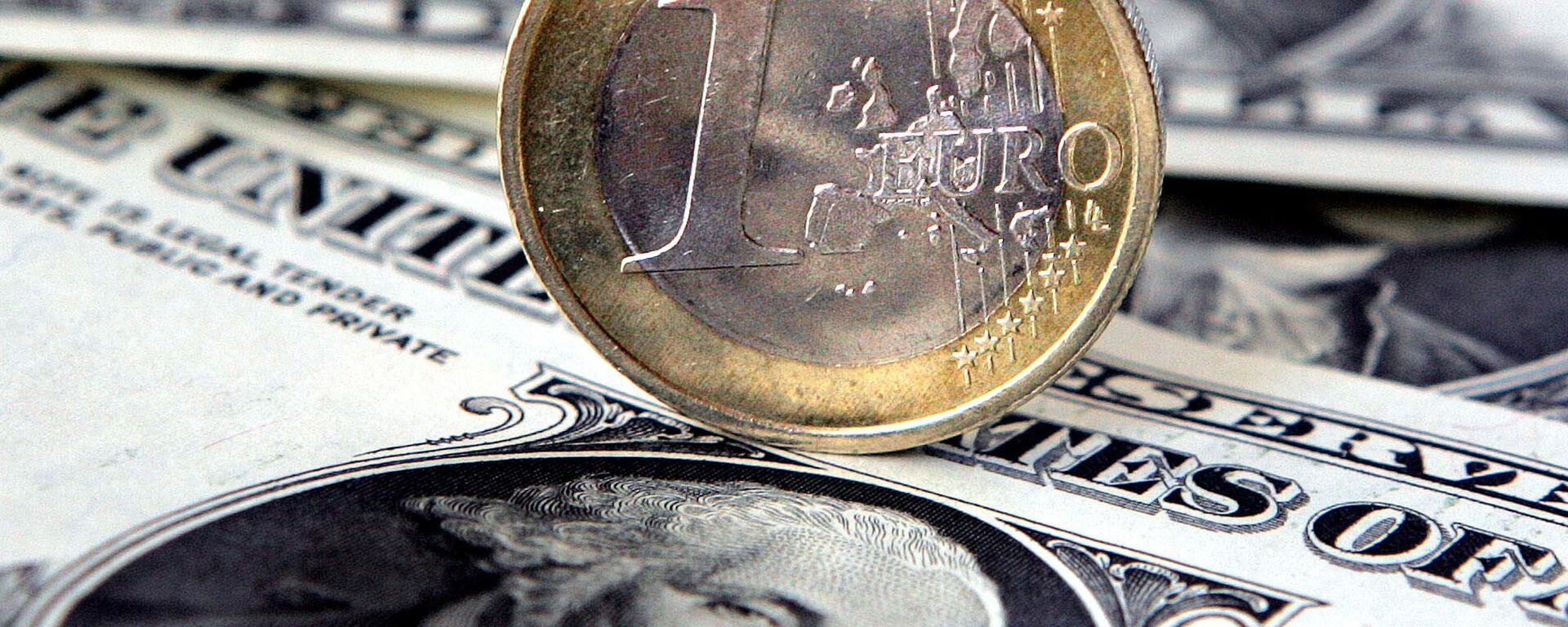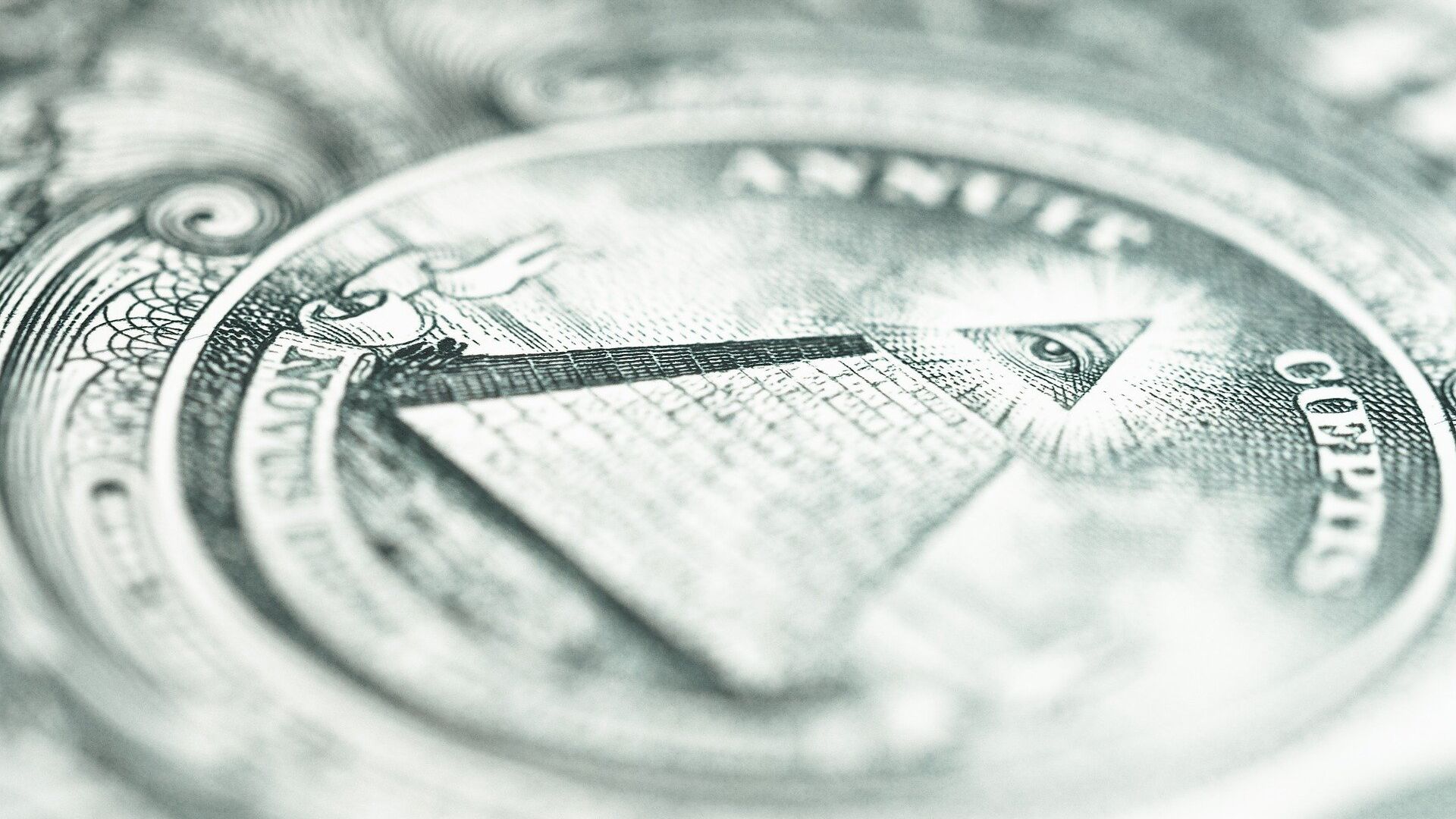Amid the threat of new US sanctions, Russia needs to further reduce its dependence on the dollar and other elements of the American financial system, Deputy Foreign Minister Sergei Ryabkov has said.
“We need to barricade ourselves against the US financial and economic system to eliminate dependence on this toxic source of permanent hostile actions,” the senior diplomat said, speaking to Bloomberg.
“We need to cut back the role of the dollar in any operations,” Ryabkov added.
The diplomat made the comments amid signals by the Biden administration that it might further expand sanctions against Russia over a litany of alleged crimes ranging from the alleged poisoning and jailing of opposition vlogger Alexei Navalny, to claims that Russia has been engaged in a clandestine campaign to hack US and European computer networks.
Ryabkov estimates that Washington has already slapped Russia with over 90 rounds of sanctions, with the restrictions targeting everything from state banks and companies to senior officials and businessmen. The diplomat says more restrictions are now likely, and describes the diplomatic spat as arguably even worse than the confrontation between Moscow and Washington during the Cold War.
“There’s never been anything like it in terms of not even just a lack of trust but mutual hostility,” he said. “Emotions are running so high and we won’t see any improvement for a long, long time.”

Ryabkov did not elaborate on what specific steps need to be taken to further reduce Russia’s dependence on the dollar. Bloomberg points out that it’s not the Foreign Ministry’s responsibility to set economic policy.
On Wednesday, the Ministry of Finance announced that Russia’s sovereign wealth fund had further reduced holdings of dollars and euros, with the combined share of the currencies said to have dropped from 45 percent to 35 percent over an unspecified period. At the same time, the share of Chinese yuan is said to currently amount to 15 percent of the total, while Japanese yen and British pounds account for 5 and 10 percent, respectively. The fund is believed to contain about $116.4 billion in liquid assets.
Last month, Russian business media reported that the sovereign wealth fund’s size had grown by over 5.7 trillion rubles in 2020, from about 7.77 trillion rubles to 13.546 trillion rubles (the latter sum is equivalent to about $183.3 billion). The fund grew in spite of the coronavirus pandemic, which saw a 3.1 percent contraction Russia’s economy in 2020.
Late last year, Russia reported a slight increase of its holdings of US Treasury obligations by about one billion dollars, with total holdings now standing at about $6 billion, including $1.2 billion in long-term bonds, and $4.8 billion in short-term holdings. Russia has dropped its Treasury holdings dramatically in recent years, with investments falling precipitously after the Ukrainian crisis after reaching a high of $170 billion in 2010.


